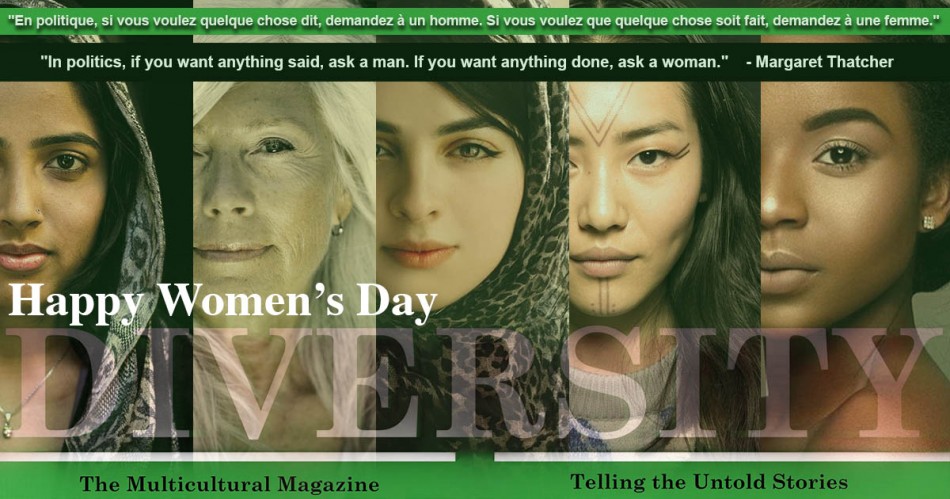
From the onset of Islam, more than 1,400 years ago, women were given the right to vote, to inheritance, to roles of leadership, to education. The oldest operating university in the world is in Fez, Morocco – built and funded by a Muslim woman in 859AD!
These may seem trivial in modern times, but comparatively in Canada women weren’t allowed to vote until the early 20th century. In Europe, a husband had legal ownership over his wife’s personal property up until a century ago. In contrast, women in Islam could own her own property and her husband had no share in her wealth. She also did not have to take on her husband’s name after marriage.
Sure, women’s rights in the West have taken leaps and bounds in recent times; which is great, but it smacks of arrogance to belittle and nag on Islam for its treatment of women when Muslim women were more “liberated” than their Western peers for over 1000 years!
Of course, if you look at reality on the ground, much work needs to be done in both the Muslim and Western worlds. We live in a patriarchal world after all. And countries, where women’s rights are most dismal, suffer from among other things: a Western colonial legacy as well as geopolitical and social struggles – whether in Africa or the Middle East – regardless of religious affiliation. Unfortunately, when civil liberties are suppressed, women’s rights are the first to be ignored, in any society.
Even in the West, we cannot deny the intrinsic male privilege. Sadly, women have ourselves been played into the male superiority paradigm. In demanding equal rights to men, we have ironically put men on a pedestal; where men are unconsciously regarded as the “ideal” and we strive to be “equal” to them. Are women not good and worthy on our own terms?
For this, I as a Muslim woman refuse to play into the patriarchal games. Mine is a God-centric paradigm. I see men and women equal only in deeds in the sight of God and I understand that we are physically and physiologically different.
As a woman, I can do different things but my worth is not devalued because a man does not partake in what I do. This is specifically in relation to my role as a mother. My strength as a nurturer should be celebrated and not be seen as a weakness. In fact, in Islam the status of a woman as a mother is so esteemed that it is said that Heaven is at her feet!
How did this virtuous role come to be looked down upon? How does abandoning our natural inclinations make us women more liberated?
In our clambering to get a piece of the manly world, we have even bartered off our own dignity. Think about it – a man who cooks and cleans around the house is now cool and new age while a woman who does the same is a household slave!! How did we let this happen?
We roll our eyes at ads from the 50s and 60s depicting women as brainless housewives but don’t see the similar sexism when half-naked women are used to sell cars today?
My point in writing this is two-pronged – to highlight the hypocrisy of the constant Muslim-women shaming and the sad reality check on the skewed perception of womanhood in general.
Ladies, let’s rewrite our own terms of reference! Don’t settle for equality to men! Demand justice and fairness on our own terms! #takebackourfeminity #iamwomanichangenappies
About The Author:
Wati Rahmat is a budding social activist who is passionate about social justice, and fervently defends the inherent rights of all marginalised and vulnerable groups.






